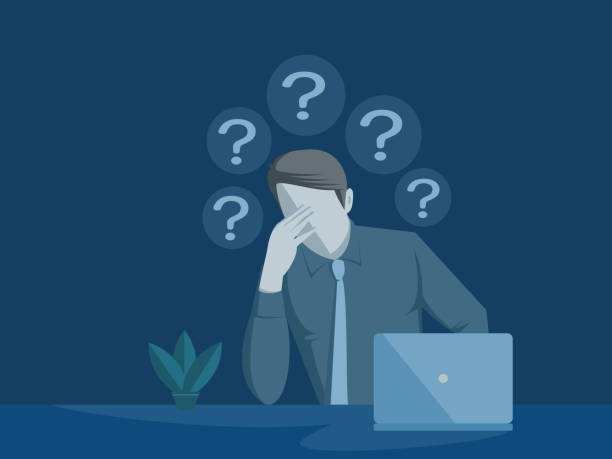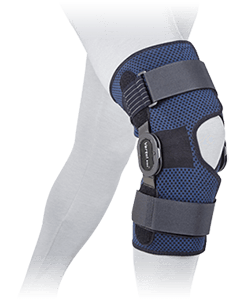You have to make many daily choices, from simple ones like what to wear to more difficult ones like how to approach your work.
You can only make so many choices at a time. Making decisions is challenging mentally, and the more you have to make, the fewer good decisions you can make. Long decision-making processes can make people tired and less able to make decisions. This is called “decision fatigue.”
What Does Decision Fatigue Mean?
Decision fatigue is a long process that leaves you tired and less able to make good choices.
People often feel decision fatigue when they go grocery shopping. You must choose what to cook, what ingredients to buy, and what brand to buy. You may feel tired of making choices when you go to check out. So, you’ll often find sweets and snacks near the checkout, but you’re more likely to buy ready-to-eat snacks because you’re tired of making decisions.
Work can also be affected by decision fatigue, which can show up as mini-burnouts. People tired of making decisions are often less able to weigh their options and usually try to avoid making choices. This can make people act impulsively and avoid taking responsibility, hurting their job performance.
Why Is It Important to Avoid Making Too Many Decisions?
Decision fatigue not only hurts the quality of your decisions but can also make you feel less confident, less productive, or even completely burnt out. So, it’s essential to know how to spot the signs of decision fatigue and take steps to prevent it before it becomes a problem.
This is very important because of the worldwide pandemic. We have to think about things we didn’t have to think about before, like whether or not to visit an elderly relative or how to handle our money. Should I go to work today, or could I do my job from home? How can I use less of the equipment that other people have? Should I have meetings to discuss work issues, or should I send emails?
These little things can add up and make it hard to make other decisions, leading to poor performance and burnout. Burnout is getting worse; two-thirds of workers say it’s because of the pandemic.
In short, keeping employees from getting tired of making decisions can improve their health and make them more productive.
Three Ways to Avoid Decision Fatigue
Steve Jobs always wore the same number of clothes, so he didn’t have to think about what to wear in the morning. Jeff Bezos ensures that all critical decisions are made before breakfast, and he only expects to make three good decisions daily.
Even though it’s hard to get rid of decision fatigue completely, there are things everyone can do to lessen its effects. Here are some ways to make it easier to make decisions.
1. Don’t Make as Many Choices.
One of the easiest and most effective ways to deal with decision fatigue is to make fewer decisions overall. This can be done by automating the conclusions that can be made and cutting down on the ones that can’t.
One of the best ways to do this is to set up routines and habits. By doing the same things over and over, you can put your brain on autopilot. Whether it’s your morning routine or how you do your work, if you find a process that works for you and stick to it, you’ll be able to adapt without making decisions.
Here are some ways to clear your mind of stress.
– Plan your meals ahead of time. So you won’t have to think about what to eat or where to eat.
– Automate routine tasks: You can set up automated processes to pay your bills or move money to your savings account.
Set aside time: You can set aside a certain amount of time each day to do things like check your email. So, the rest of the time can be used to decide on important things.
Think about cutting down on the number of things actively involved in making decisions.
2. Give Yourself Time to Think.
Usually, decision fatigue happens when you have to make many decisions in a row. When making a choice, you need to think about several things and pick the best thing to do. It’s important to give yourself time to think about your preferences. If you group all the decisions you need to make together, you won’t have time to think carefully about each one. Instead, you’ll make hasty decisions that don’t work out well.
Because of this, it is best to put off or plan essential decisions. Don’t have too many meetings at once, and give yourself more time to think when you have important work to do.
Plan to make even the most complex decisions in the morning. Your ability to make choices gets worse as time goes on. So you’ll do better if you start with the most important things.
3. Recognize Decision Fatigue
Seeing that you are tired of making decisions can be helpful. It encourages you to postpone difficult decisions until you are better able to make judgments about important issues. Don’t be afraid to say, “I’ll think about it and let you know what I decide!” Response.
You may have decision fatigue if you feel tired, don’t have enough time to think about, or find yourself at the end of a long list of decisions.
Words to Cheer You Up.
If you know you don’t make good decisions, remember that this is not something wrong or unpleasant. Even the most successful people in the world take this natural psychological phenomenon seriously, and you should too.
Taking steps to avoid decision fatigue can help you do better at work and feel better about yourself.





